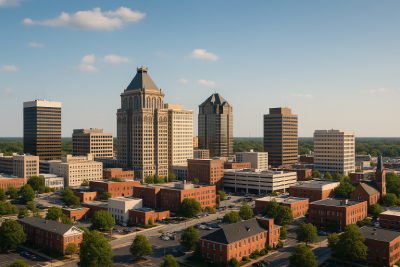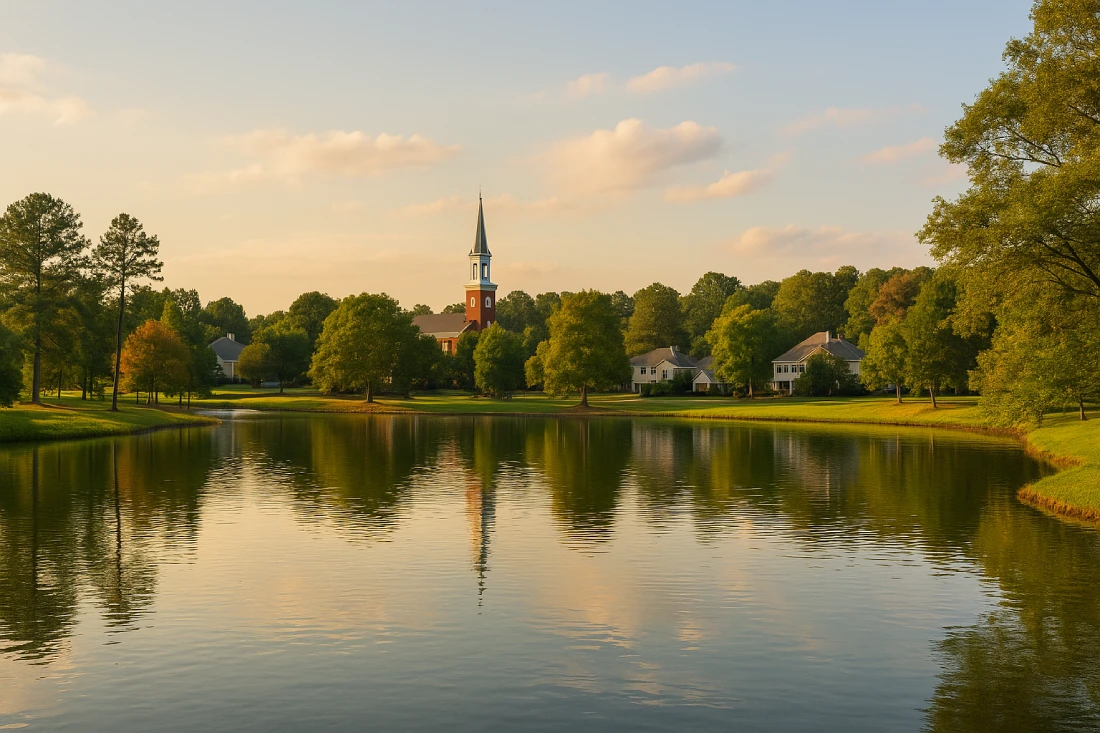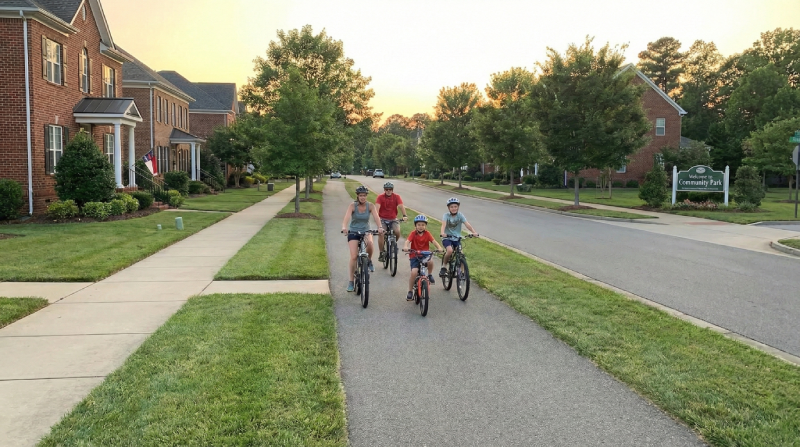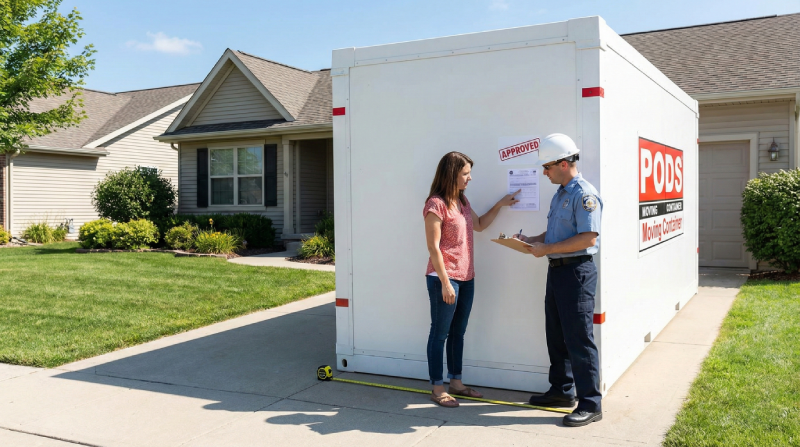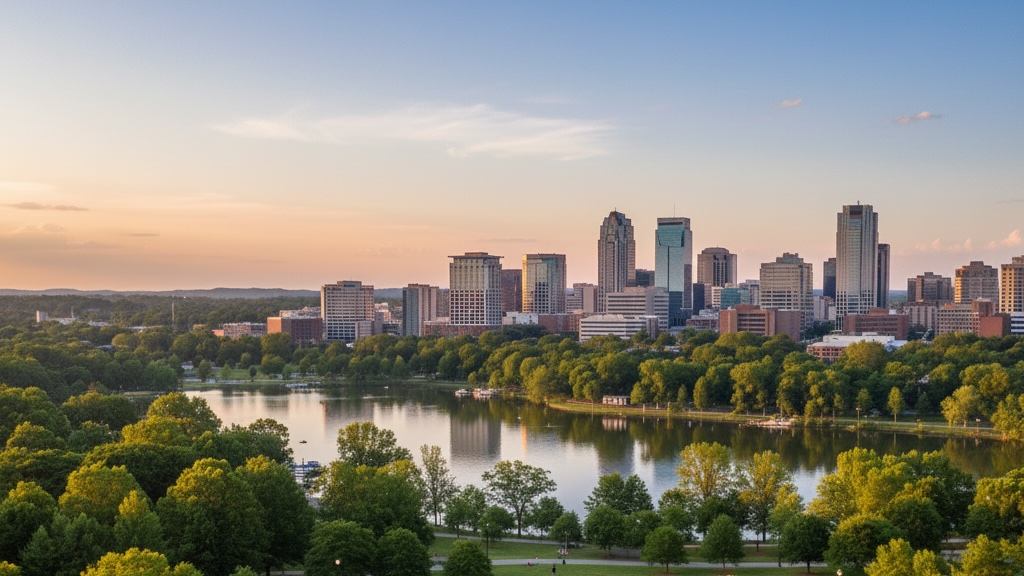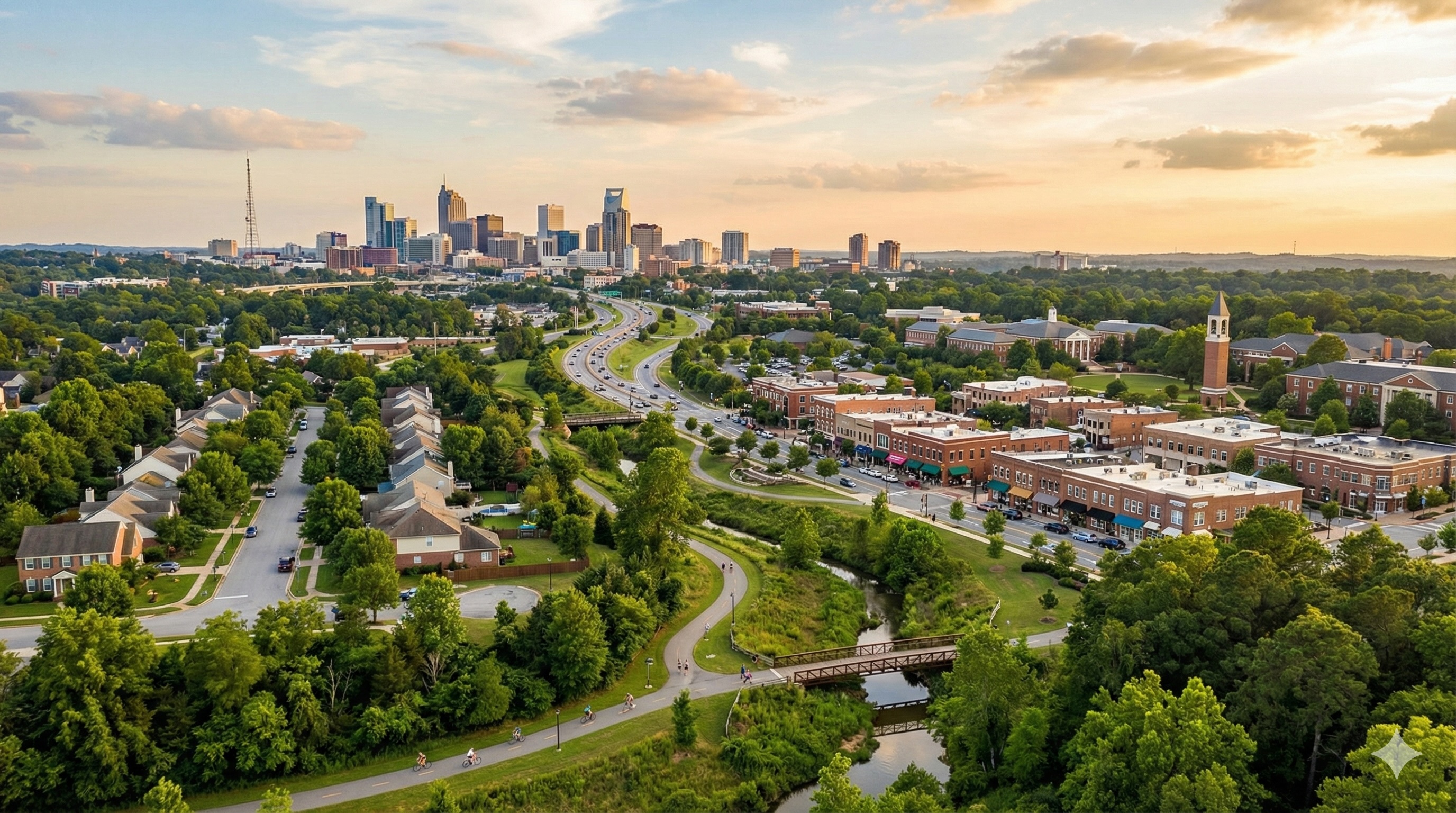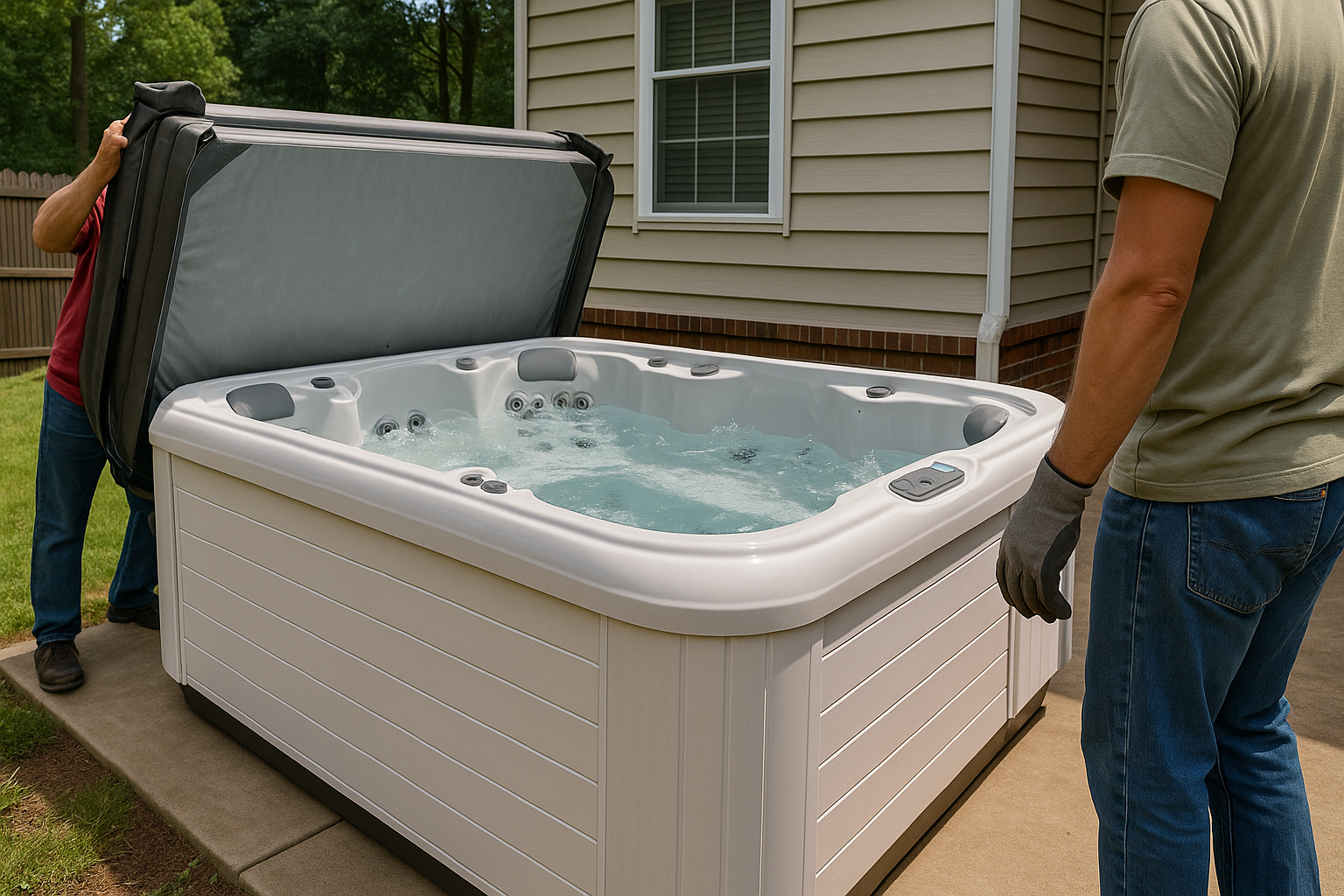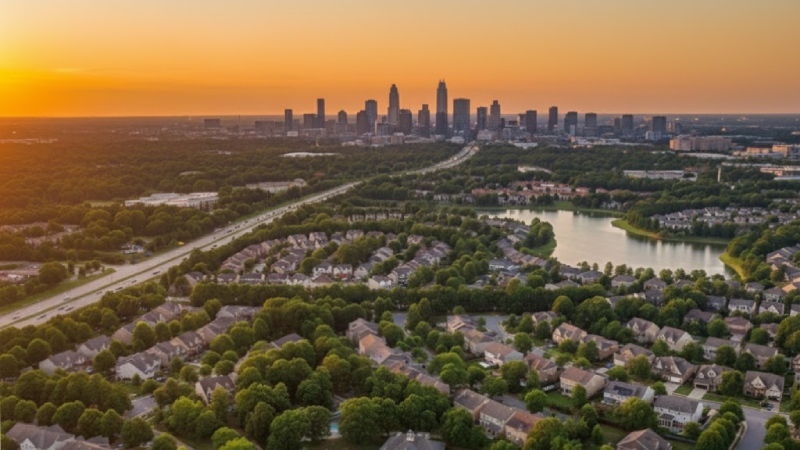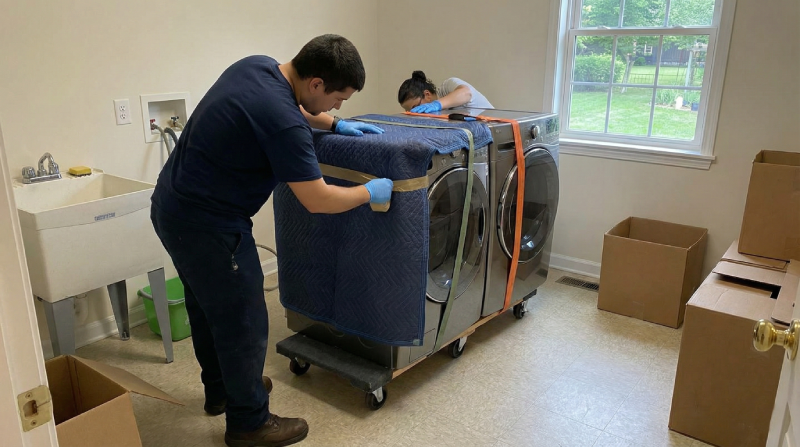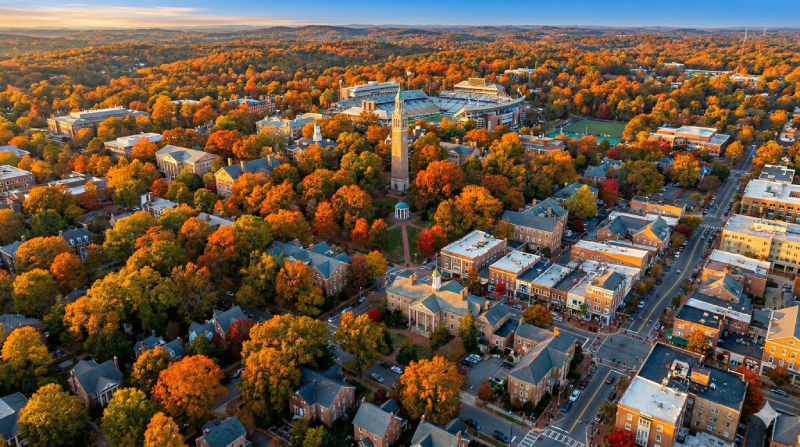Living in Durham, NC, offers a unique blend of Southern charm and modern opportunity. The Bull City delivers affordability, diversity, and economic stability with thriving job markets centered around Duke University and Research Triangle Park. While some neighborhoods face safety concerns and school quality varies, Durham's authentic character, vibrant food scene, and cultural richness compensate for these challenges.
This page will give you everything needed to evaluate Durham as your potential home, including detailed neighborhood profiles, cost breakdowns, safety insights, and school options. Helping tech professionals evaluate downtown living options, assisting families in finding neighborhoods with quality schools, and guiding retirees toward areas with good healthcare access.
Is Durham NC a Good Place to Live?
Durham consistently ranks among the best places to live in the South, earning spots on national "best of" lists. Over the past two decades, the city's transformation has created a unique environment where historic tobacco warehouses now house tech startups and diverse communities thrive alongside prestigious institutions.
The numbers tell a compelling story about Durham's livability. The city maintains an ideal size, large enough for urban amenities yet small enough to foster genuine community connections.
- Population: 296,186 and steadily growing.
- Diverse demographic makeup with no single racial or ethnic group forming a majority.
- Median household income: $79,234 (exceeds state averages)
Durham's commitment to green spaces and outdoor access improves the quality of life. This balance between urban energy and natural beauty particularly appeals to professionals seeking career opportunities without sacrificing recreation.
- Over 70 parks and miles of trails throughout the city.
- Eno River State Park offers a wilderness escape minutes from downtown.
- The American Tobacco Trail provides 22 miles of rails-to-trails pathways.
Durham's economic stability comes from anchor institutions like Duke University and Research Triangle Park that ensure ongoing investment in infrastructure and amenities. Combined with Durham's authentic character and progressive atmosphere, this creates an environment where diverse populations truly thrive together.
How Much Does It Cost to Live in Durham, NC?
Durham offers a balanced cost of living, combining relatively affordable housing with high-quality amenities. This section breaks down what residents can expect to pay across key expense categories, highlighting where the Bull City provides value compared to similar tech-focused cities.
Housing Costs
Durham's housing market remains relatively affordable compared to other tech hubs, though prices have risen with the city's popularity. The median home price varies by neighborhood, with established areas commanding premiums while emerging neighborhoods offer better values.
- Median home price: $350,000 to $400,000.
- Average rent: $1,401 monthly (2025).
- Downtown lofts: Up to $2,000.
- Suburban apartments: Starting around $1,000.
Affordable housing programs help moderate-income residents access homeownership. These programs include down payment assistance and below-market mortgages, making homeownership achievable for teachers, municipal workers, and service industry professionals.
- Income qualification (individuals): Up to $64,800.
- Income qualification (family of four): Up to $92,480.
Utilities and Internet
Monthly utility costs in Durham include electricity, water, and trash services. Duke Energy provides electricity with budget billing options to smooth seasonal variations. High-speed internet is widely available throughout the city.
- Average utilities: $150-200 monthly (two-bedroom apartment).
- Internet costs: $50-80 monthly.
- Providers: AT&T Fiber and Spectrum.
Groceries and Dining
Grocery costs in Durham align closely with national averages, making food budgets predictable for newcomers. Durham's celebrated restaurant scene offers diverse options at various price points.
- Monthly grocery budget (family of four): $800-1,000.
- Grocery stores: Range from Whole Foods to Food Lion.
- Restaurant prices: $5 food truck tacos to fine dining.
- Average casual restaurant entrée: $12-18.
Taxes and Fees
Durham's tax structure includes property taxes that support infrastructure investments. North Carolina's flat income tax appeals to high earners, while the sales tax remains moderate compared to other states.
- Property tax rate: $1.3949 per $100 of assessed value (2024-2025).
- State income tax: 4.75% flat rate.
- Combined sales tax: 7.5%.
Healthcare Costs
Duke University Medical Center's presence benefits healthcare in Durham, ensuring access to world-class care. Duke's financial assistance programs help uninsured patients access care, making Durham particularly attractive for those prioritizing healthcare access.
- Employer insurance premiums: $200-400 monthly for individuals.
- Marketplace plans: Vary widely.
Best Places to Live in Durham NC
Durham offers distinct neighborhoods catering to diverse lifestyles, from vibrant downtown districts to family-friendly suburbs. Each area has its own character, amenities, and price points to match different priorities and life stages.
Downtown Durham: Urban Living & Tech Hub
Downtown Durham pulses with energy that attracts young professionals and empty nesters seeking walkable urban living. The American Tobacco Campus anchors the district with its mix of tech offices, restaurants, and entertainment venues. Durham Central Park hosts farmers markets and outdoor concerts, creating a vibrant community atmosphere.
- The walkability score exceeds 90, making car-free living genuinely feasible.
- Housing options: High-rise apartments and converted warehouse lofts.
- Rent range: $1,500 for studios to $3,000+ for luxury two-bedrooms.
- Notable employers: McKinney Advertising and various tech startups.
Trinity Park & Old North Durham: Historic Charm Near Duke
These historic neighborhoods near Duke University blend architectural beauty with family-friendly amenities. Tree-lined streets feature well-preserved Craftsman and Colonial homes, many dating to the 1920s. The established community feel includes block parties, Halloween celebrations, and easy access to Duke's gardens and campus attractions.
- Home prices: $400,000 for smaller bungalows to $700,000+ for restored properties.
- Architectural styles: Craftsman, Colonial, and Victorian.
- Local amenity: Walkable Ninth Street shopping and dining district.
Duke Park & Watts-Hillandale: Family-Friendly Established Communities
These established residential areas offer quintessential Durham living with mature trees, sidewalks, and strong neighborhood associations. Duke Park, with its namesake park featuring playgrounds, tennis courts, and community gatherings, particularly appeals to families. The neighborhoods maintain their historic character while welcoming young families.
- Housing prices: $300,000 for starter homes to $600,000 for renovated properties.
- Commuting advantage: Proximity to both Duke and downtown.
- Community feature: Strong neighborhood associations and events.
Southpoint & Southwest Durham: Modern Suburban Living
Southwest Durham represents suburban comfort with contemporary amenities. The streets at Southpoint Mall anchor retail options, while new developments provide modern homes with current floor plans and energy efficiency. Families choose this area for newer schools and lower crime rates.
- New construction homes: Starting around $400,000.
- Established neighborhoods: Resales from $300,000.
- Amenities: Community pools, playgrounds, and shopping centers.
- Transportation note: Car-dependent with ample parking.
Croasdaile & Hope Valley: Luxury Living with Country Club Amenities
These established upscale communities offer country club living within Durham city limits. Golf courses, tennis facilities, and swim clubs provide recreation, while large lots ensure privacy. Mature landscaping and architectural variety create a visual appeal that justifies premium pricing.
- Price range: $500,000 to $1 million+.
- Typical buyers: Executives, medical professionals, and retirees.
- Features: Golf courses, tennis facilities, and swim clubs.
East Durham: Affordable Investment Opportunities
East Durham represents an opportunity for buyers priced out of established neighborhoods. Revitalization efforts are transforming formerly industrial areas into mixed-use communities. Investors and first-time buyers find value in properties needing renovation, with potential for significant appreciation as development continues.
- Investment opportunity: Properties available at lower entry points.
- Neighborhood trajectory: Ongoing revitalization and development.
- Buyer profile: First-time homeowners and real estate investors.
What Is the Job Market Like in Durham?
Durham's job market has four key pillars: education, healthcare, technology, and life sciences. These sectors create a foundation for economic stability while offering diverse career opportunities.
Duke University & Healthcare: The Economic Cornerstone
Duke University and Duke Health System form the local economy's backbone, providing job stability and driving innovation.
- Duke University and Duke Health System employ over 40,000 people.
- University research expenditures exceed $1 billion annually.
- Average hourly wage in Durham-Chapel Hill: $37.56 (exceeds state and national averages).
Research Triangle Park: Innovation Hub
Just 15 minutes from downtown, Research Triangle Park is a major employment center that complements Durham's urban economy. This proximity creates a seamless job market spanning multiple industries.
- Houses over 300 companies employing 50,000+ workers.
- Major employers include IBM, Cisco, and Fidelity.
- Specializes in biotechnology, pharmaceuticals, and technology.
Thriving Startup Ecosystem
Building on the foundation provided by established institutions, Durham's startup scene has flourished in recent years and gained national recognition.
- American Underground has supported over 250 companies.
- Startups have raised hundreds of millions in venture capital.
- Strong focus on life sciences and healthcare technology.
Stable Public Sector Opportunities
Complementing the private sector's innovation, government and education employers provide stability and essential services. This balance creates a resilient job market that can weather economic fluctuations.
- Durham Public Schools employs thousands of teachers and staff.
- City and county governments offer stable public service careers.
- North Carolina Central University provides additional academic positions.
Is Durham, NC, Safe?
Durham's safety varies by context. The crime rate of 45 per 1,000 residents primarily reflects property crimes in specific areas. Most residents experience a safe community by following basic urban precautions.
Safety conditions vary significantly across Durham's diverse neighborhoods:
Safety varies by location
Downtown's transformation reflects Durham's improving safety landscape. Revitalization has brought businesses and visitors, creating natural surveillance. The police department has strengthened community partnerships to address concerns proactively.
- Suburban areas (Hope Valley, Southpoint): Low crime rates, popular for families.
- Central neighborhoods: Some safety challenges, with ongoing community initiatives.
- Downtown: Transformed through revitalization, with increased foot traffic and community presence.
Practical safety tips for Durham residents
Most property crimes target unlocked vehicles or visible valuables, making simple precautions effective. Violent incidents typically occur between acquaintances rather than as random attacks. Many neighborhoods maintain active watch programs for added security.
- Lock cars and secure valuables.
- Stay aware in public spaces, especially at night.
- Choose neighborhoods with active community organizations.
- Use the Durham Police Department's crime mapper.
Educational Landscape: Schools and Universities in Durham
Durham's educational landscape features diverse options from kindergarten through university, blending traditional public schools with innovative magnet programs, charter alternatives, and prestigious higher education institutions. This variety ensures families and students can find educational environments that match their unique learning needs and goals.
K-12 Education: A Diverse Range of Options
Durham Public Schools educates 30,000+ students through traditional, magnet, and year-round programs. Academic performance varies, but innovative magnet programs in STEM, arts, and international studies offer specialized education without private school costs.
Beyond Traditional Public Schools: Charter and Private Alternatives
Durham features numerous charter schools, including nationally recognized Research Triangle High School with its exceptional STEM curriculum. Private options range from progressive Durham Academy to traditional Trinity School, with tuition between $15,000 and $30,000. These schools offer smaller classes and specialized experiences.
Higher Education: World-Class Universities Shaping the Community
Duke University anchors Durham's higher education scene, while North Carolina Central University adds diversity as a historically Black institution. Proximity to UNC-Chapel Hill and NC State creates a rich academic ecosystem that extends benefits to the entire community through cultural events and intellectual resources.
Getting Around Durham: Transportation Options and Accessibility
Durham offers a diverse transportation system that balances private and public options, with varying convenience depending on your location and needs. While personal vehicles remain the primary mode of transportation for most residents, ongoing urban development is enhancing walkability in select areas and expanding public transit alternatives.
Efficient Commute Times
Durham's compact layout ensures manageable commutes, with most trips under 30 minutes. Downtown to Duke takes just 10 minutes, while Research Triangle Park is 20-30 minutes away. Rush hour typically adds only 10-15 minutes to travel times.
Strategic Highway Network
Durham enjoys excellent regional connectivity at the intersection of I-40 and I-85. US-70 and NC-147 serve as essential local arteries. This network puts Raleigh-Durham International Airport just 20 minutes away, making weekend trips to Charlotte or the coast convenient.
Evolving Public Transit System
The GoDurham bus network serves major corridors but has limited frequency. Duke employees receive free passes, which work best for those along main routes. While most residents rely on cars, downtown dwellers increasingly combine walking, biking, and occasional driving as the area becomes more pedestrian-friendly.
Convenient Airport Access
Raleigh-Durham International Airport is just 20 minutes from Durham, offering direct flights to major U.S. cities and international connections. This proximity significantly reduces travel stress compared to larger cities.
Durham's Four-Season Climate: What to Expect Year-Round
Durham's climate offers a pleasant balance of all four seasons, with mild winters, vibrant springs, warm summers, and colorful autumns. This diverse weather pattern enhances the city's livability while presenting only occasional challenges throughout the year.
Balanced Seasonal Patterns
Durham features four distinct seasons with mild winters (averaging 40°F in January) and warm summers (around 89°F in July). Spring and fall offer ideal outdoor weather with pleasant temperatures and lower humidity.
Seasonal Challenges: Pollen Season
Spring pollen season (March-April) can be intense, leaving yellow coatings on cars and causing allergy issues for many residents. Fall provides relief with beautiful foliage and comfortable conditions.
Limited Severe Weather Concerns
Durham's inland location minimizes hurricane risk, though occasional remnant storms bring heavy rain. Ice storms occur every few years, sometimes causing power outages. Overall, severe weather is infrequent compared to coastal or tornado-prone regions.
Durham's Vibrant Cultural Scene: Activities and Attractions
Durham's cultural scene vibrates with the energy of a diverse, creative community, offering everything from award-winning restaurants to world-class performances. Residents enjoy a rich tapestry of culinary, artistic, outdoor, and sporting experiences that create a distinctive quality of life unique to the Bull City.
Award-Winning Culinary Landscape
Durham boasts James Beard Award-winning restaurants and innovative chefs. The diverse food scene includes authentic international cuisine and reimagined Southern dishes. Local breweries like Fullsteam and Ponysaurus serve as popular community gathering spaces.
Thriving Arts and Entertainment
The Durham Performing Arts Center hosts Broadway shows while smaller venues showcase emerging artists. Monthly art walks, the Full Frame Documentary Film Festival, and neighborhood celebrations offer year-round cultural engagement for everyone.
Natural Escapes Within City Limits
Eno River State Park provides 4,000 acres for hiking, swimming, and kayaking minutes from downtown. Duke Gardens offers manicured landscapes perfect for peaceful walks and picnics within the city.
Passionate Sports Culture
Durham Bulls baseball delivers affordable family entertainment with minor league charm. Duke basketball creates city-wide excitement, with Cameron Indoor Stadium offering one of college basketball's most iconic experiences. These sporting traditions unite Durham's diverse community.
Triangle Comparison: Durham, Raleigh, and Chapel Hill
Durham sets itself apart from neighboring cities within the Research Triangle region with its authentic character and creative energy. While each city offers distinct advantages, Durham's unique blend of history, innovation, and community creates a living experience unlike any other in the area.
Each Triangle city offers a different lifestyle experience:
Durham
- Known for authentic character and creative energy.
- Distinctive community feel beyond conventional city living.
- Ideal for those valuing culture and innovation.
Raleigh
- Offers more traditional urban amenities.
- Greater government stability.
- Suits those seeking conventional city conveniences.
Chapel Hill
- Maintains charming college town atmosphere.
- Less economic diversity than Durham.
- Appeals to those preferring a small-town academic environment.
Durham Living: Weighing the Advantages and Challenges
Durham delivers authentic Southern charm with modern opportunities at an affordable price point. The city's strengths include a robust education and tech job market, remarkable diversity, excellent healthcare through Duke, a genuine community spirit, and a world-class food scene. While challenges exist, like varying school quality, concentrated crime areas, increasing traffic, and summer humidity. Durham's character makes these manageable tradeoffs for most residents.
Moving Muscle provides labor-only professional moving services at affordable prices for Durham relocations. Our team gives you control over both costs and belongings throughout the process. We efficiently help with packing, unpacking, and settling into your new Durham home across all neighborhoods, from suburban communities to downtown areas.
Frequently Asked Questions
What salary do I need to live comfortably in Durham?
Individual residents typically need approximately $60,000 annually for comfortable living, while families should aim for $80,000+, depending on specific lifestyle choices, housing preferences, and neighborhood selection.
How does Durham compare to other North Carolina cities?
Durham offers significantly more cultural diversity and creative energy than most North Carolina cities while maintaining the affordability that has been diminishing in rapidly growing areas like Charlotte or tourist destinations like Asheville.
When is the best time to move to Durham?
Fall provides ideal moving conditions with mild temperatures and lower humidity levels. For those ready to make the transition, Moving Muscle offers responsive same-day service year-round, making any season workable for your Durham relocation.
Is Durham suitable for remote workers?
Durham has become increasingly attractive to remote professionals thanks to excellent internet infrastructure, diverse co-working spaces, and lifestyle amenities that support work-life balance. The city's lower cost of living compared to traditional tech hubs ensures your salary stretches further while still enjoying cultural amenities typically found in larger cities.
Is Durham NC a good place to retire?
Durham offers a compelling retirement option with its combination of affordable living, excellent healthcare through Duke University Medical Center, and a rich cultural scene. The city's temperate climate, thriving food culture, and growing retiree community make it attractive, though you'll want to research specific neighborhoods and decide if North Carolina is a good place to retire, since some areas skew younger due to the university presence. Property taxes are relatively reasonable for North Carolina, and you're within a few hours of both mountains and beaches.
































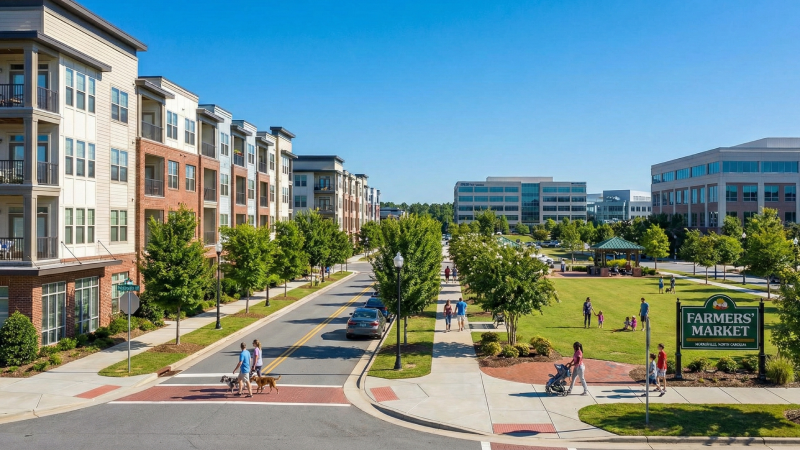
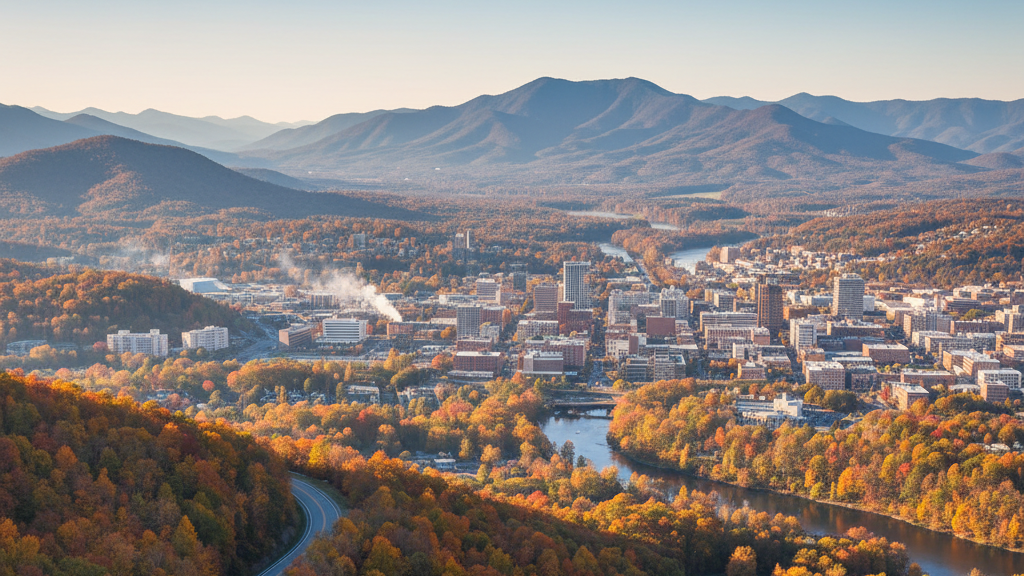

.webp)

